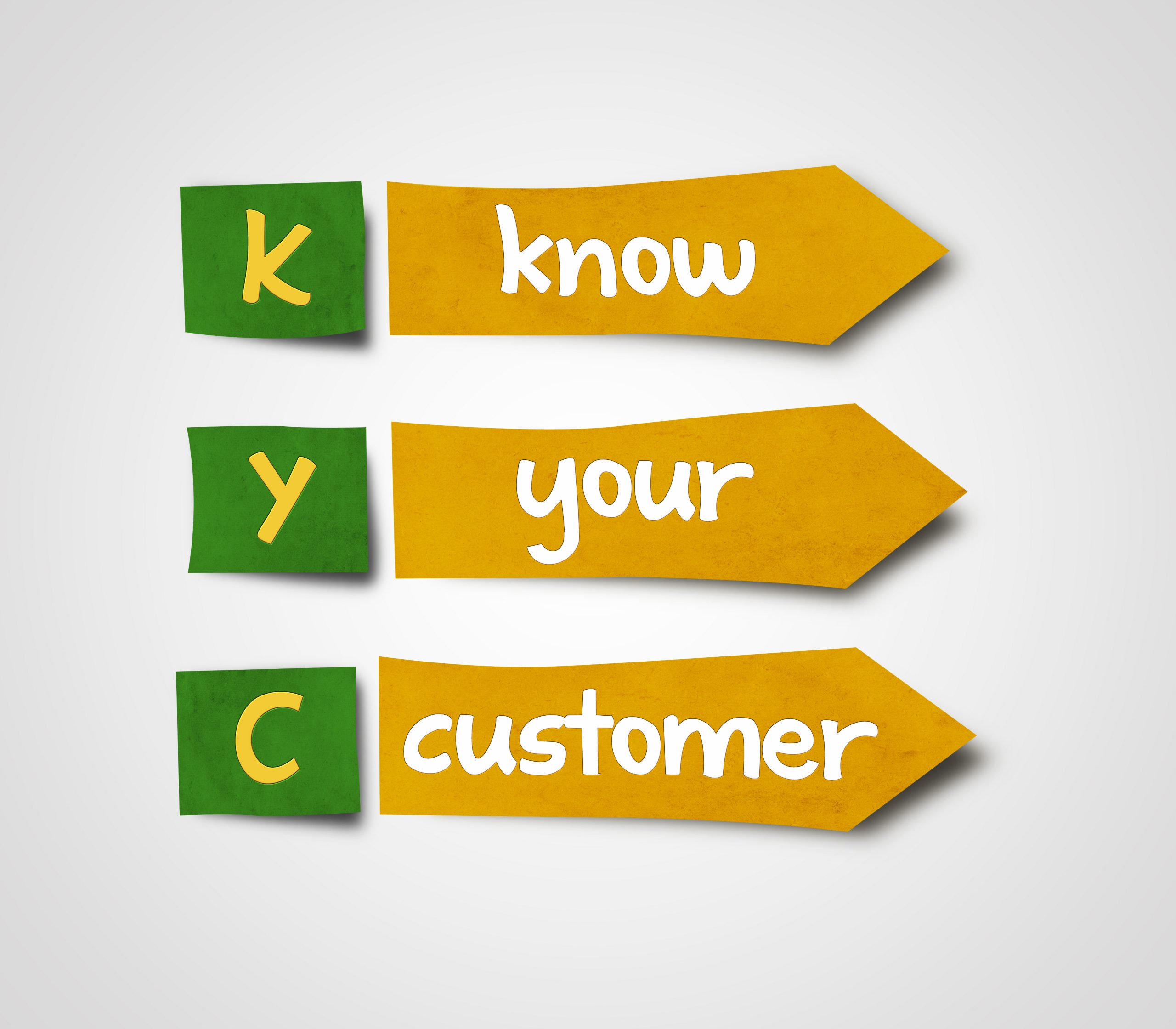Foreign exchange is a worldwide over-the-trade market that deals with the trade of currencies. For example, a person who wants to convert his dollars into euros can do this by going to foreign exchange. Foreign exchange is a decentralized liquid market. According to a report, the daily amount of Forex trade is valued at $5 trillion. Forex is a network of banks, independent traders, and investment firms. They determine the value of the currency based on its sale-purchase demand. If a currency has high demand in the market, its value will be high and vice versa. The demand depends on how much it is requested by businesses for dealings.
A huge amount of funds and cross-border transfer has also some risks associated with it like frauds and money laundering. Ponzi schemes, fraudulent transactions, and fake currency exchanges are some examples of fraud in foreign currency exchanges. The non regulation of the Forex market is the reason for it. Other financial institutions are using known customer services for their security. But when it comes to Forex exchanges there is very little and weak KYC/AML compliance.
Know Your Customer for Foreign Exchanges
The confirmation of the individual’s identity through his identity documents is called know your customer verification. It is a process in which hazards of fake identities are mitigated by allowing only legitimate customers onboard. When a person requests to open an account in foreign exchange, he must be verified through know your customer. It will confirm that he is the same person who he declares to be
Below is the process of KYC verification:
Data Input
This is the first step of KYC, the customer gives his personal details such as name, address, date of birth, government issued ID card number, name of parents and so on. The customer enters this data in the form provided by the business website. In foreign exchanges, financial information of the customer is also needed like banks or card numbers.
Documents Uploading
Documents supporting the above-given information are uploaded in this step for the purpose of document verification.. For identity verification, an government issued identity card or passport is required. In the case of financial information verification, the image of a credit/debit card is uploaded to the software which is implemented .
Information Extraction
Required information is captured from the images through AI-powered technology called Optical Character Recognition (OCR). Name and address from ID documents and account number from cards are extracted. OCR is capable of extracting data for all types and scripts of documents, so there is no restriction of the particular camera for images. Customers can use a normal mobile phone for clicking documents images.
Facial Recognition
The customer is required to click a live selfie for facial recognition. Then the customer’s image is extracted from the id documents and matched with the live selfie.
KYC due diligence does not rely only on identity verification but also adopts a risk-based approach. For example, a customer exchanging a small amount can be verified through ordinary KYC. Contrary to that, customers with large transactions should be screened through an enhanced diligence program.
The verification is conducted by software thus has minimum chances of errors. The business also insists on making business processes friction less and robust, online identity verification supports this also. The verification results are delivered in 30 to 60 seconds.
Anti-Money Laundering Screening
Currency exchanges can also be used for money laundering. The records can be easily forged, thus fewer chances of being caught. It provides ease in the offshore transfer of funds and also gives secrecy to the owner.
KYC only mitigates the risk of fake identities and fraud in foreign exchanges. But to prevent the Forex sector from being involved in money laundering, a robust AML compliance program is needed.
In AML, the names of customers are screened through AML watch lists and PEPs to check the historical association with any financial crime. These lists are a database of individuals that poses a high risk of money laundering-related crimes. After screening, the customers are continuously observed with ongoing monitoring. The reason for this is, a customer may not have committed in the past but can do in the future.
Summing it Up
Foreign currency exchanges’ future is at stake if they do not deal with evolving frauds and financial crimes. KYC and AML compliance can make this industry safe and crime-free by verifying all entities doing business through foreign exchanges. As the currency is digitized, now people use mobile banking for funds transfer, it will also help it to make payments more secure while protecting the customer’s data efficiently.
 Lifeyet News Lifeyet News
Lifeyet News Lifeyet News





